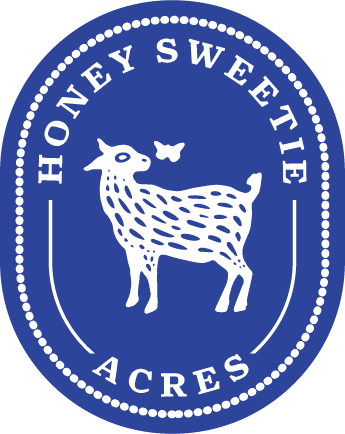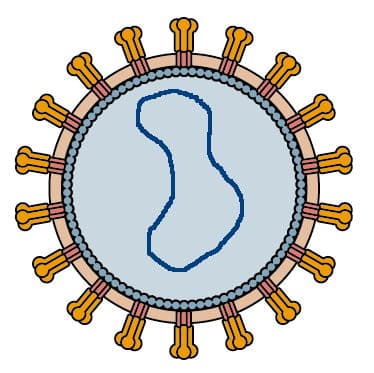Can essential oils cure diseases like Coronavirus? While we appreciate the enthusiasm for the undeniable benefits of essential oils in some situations, when it comes to viruses, the answer is not clear cut and essential oils are not a cure for coronavirus, as some retailers have claimed.
Many essential oils are considered “antivirals”. However, there is a huge difference between the actions of an anti-viral and a virucidal of which the average person may not be aware. An anti-viral is a compound that can inhibit the reproduction (also called proliferation) of a virus. A virucidal can actually kill or deactivate a virus. Most of the verifiable research on anti-viral essential oils has been based on viruses that are skin-based, not respiratory based. No essential oils to date have been proven to be virucidal or for that matter, kill the Covid19 virus.
The other factor on the effectiveness of an essential oil is whether the virus is an enveloped virus versus a non-enveloped one. What does that mean? An enveloped virus is one where the cell is surrounded by a lipid or fat layer. Herpes and certain strains of Influenza (influenza A) are enveloped viruses and CAN be affected by anti-viral essential oils. Tea Tree (Melaleuca Alterna folia) is well known as being effective against the “enveloped” Herpes virus. But Tea Tree is not effective against non-enveloped viruses, such as polio, HPV (human papillomavirus) adenovirus, and other forms of Influenza and of course coronavirus. The conclusion is that in many instances, essential oils may be able to kill one specific virus, but not another. And it is a very limited list. Sadly, directed research on the use of essential oils to kill viruses in a human host simply has not been done.
Part of the reason for this is research tends to focus in singular compounds and essential oils have hundreds of compounds, which makes the research incredibly expensive. Some of the oil compounds that have shown virucidal potential are d β-ocimene, 1,8-cineole, α-pinene, and β-pinene. However, these are compounds that are NOT commonly found in most essential oils. To complicate it further, the oils that do contain all of these are not commercially available for the general public, either because of the limits of mother nature’s natural production or the highly technical processes required to extract the pure compounds.
Anti-Viral essential oils still have their place in keeping your family safe being used for home hygiene and symptom support and comfort. Mild respiratory symptoms of a cold may be eased with neck and chest rubs using Eucalyptus (Eucalyptus globulus) or Rosemary (Rosmarinus officinalis) diluted in grapeseed oil. A few drops of Peppermint essential oil can be used as well but should be handled with great care. It is VERY strong. These oils contain the pinene compound that helps to open airways. Steam inhalation with the same oils can help ease breathing. These same oils can also be mixed with 70% alcohol and used as a wipe for counter surfaces, door handles, and other suspect areas. (please do not use full strength, stronger is not necessarily more effective).
If you are stressed with the current situation, blending citrus (sweet orange, lemon, tangerine, bergamot, mandarin, etc) oils with Lavender or Lemongrass are uplifting and energizing during inhalation. We do encourage the use of anti-virals during this time, as viruses other than Covid19 still exist.
So while we LOVE essential oils and use them in a large proportion of our products, we do resist the temptation to use too many oils with too many compounds that can interact. Just because it comes from nature, doesn’t mean it is safe in all forms. This is our expertise, knowing what works, what amount should be used in a formulation, and what type of formulation allows for the best absorption.
Goes, T., Antunes, F., Alves, P., Teixeira-Silva, F. (2012). “Effect of sweet orange aroma on experimental anxiety in humans.” Journal of alternative and complementary medicine (New York, N.Y.) 18(8), 798-804.
Tisserand, R., Young, R. (2014). “Essential oil safety: A guide for health care professionals”
Jackson, W. (2015). “Viruses and the autophagy pathway” Virology 479(), 450-456.


